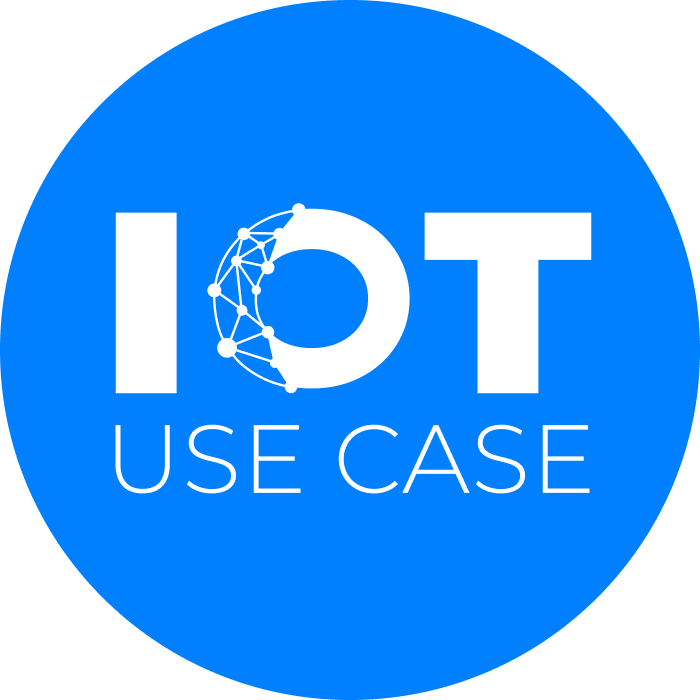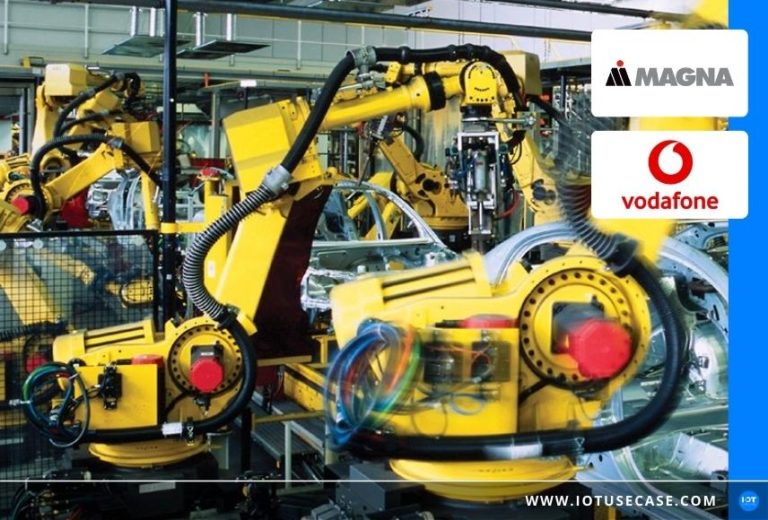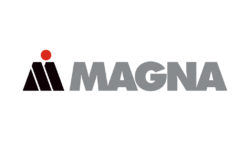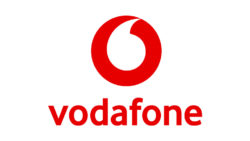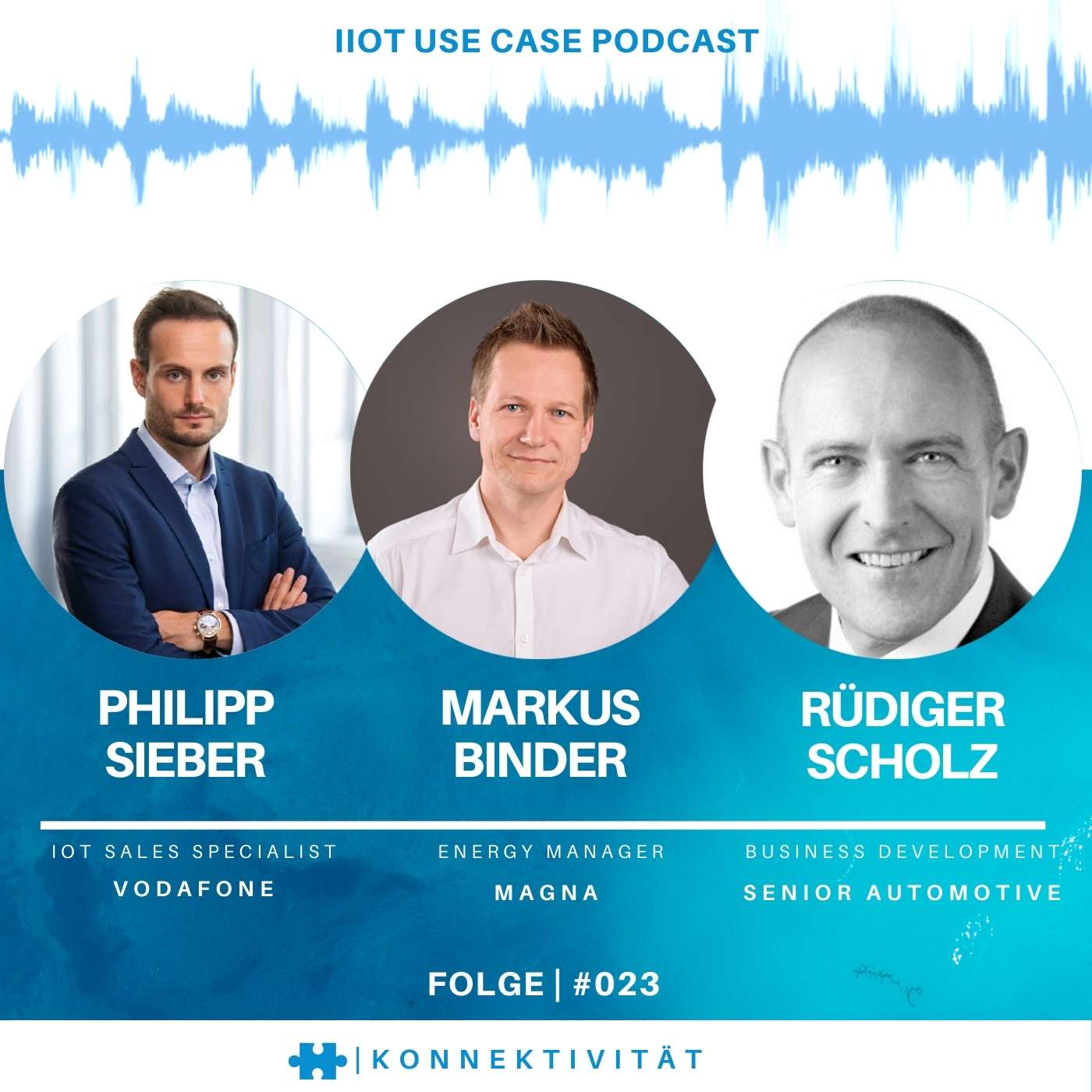The energy consumption of a company is usually determined on the basis of individual metering devices. But efficient energy management requires that consumption data is known down to a cost center. Automotive supplier Magna International relies on Energy Data Management (EDM) from Vodafone to achieve just this transparency.
The challenge: Too rough a measurement of energy consumption
Energy consumption in industry is primarily going in one direction: up, with the corresponding increases in cost. But in many cases, it is unknown where which amounts of energy are consumed, since the utilities only bill per energy meter. Many companies are replacing this crude representation with digital energy management down to the device level.
One example of this is the global automotive supplier Magna. The Austro-Canadian company is known for its comprehensive mobility solutions. The product portfolio starts with the development of modern electric drives and extends to the design of entire vehicle series. The company is particularly known for the development and production of the legendary first Mercedes G-Class at Magna Steyr in Austria.
In the long term, Magna intends to introduce comprehensive energy management at all 300 sites. It records all direct (electricity, gas) and indirect energy consumption (compressed air). Since many tools and production equipment use compressed air, there are electricity costs for compressors. In short: Magna International wants to record its energy costs worldwide down to a single cost center.
This is not possible with the methods used so far. Energy providers’ smart meters are useful for tracking a building or hall’s total energy use over time. But Magna International needs a granular, networked solution that determines the energy consumption of individual machines and plants.
The solution combines the individual data for gas, electricity and compressed air and generates a general consumption overview at the level of buildings and halls – including a comparison of the individual halls and buildings. Another aspect is the solution’s compliance with ISO 50001, the global standard for energy management systems. Its compliance is necessary in Germany in order for a company to be relieved of the EEG levy as well as electricity and energy taxes.
The solution: A modular end-to-end application
For the implementation of the energy management system Magna cooperates with Vodafone. The globally active communications group offers numerous business solutions, including a complete system for energy management. Since it is individually adapted to the users, the two companies initially decided on a pilot project in a factory with around 500 employees in 7 halls and 15,000 m² of building space.
Vodafone developed a modular solution that also integrates existing meters into the system. Some date from pre-digital times and require manual reading. But they can be retrofitted with an adapter for the Modbus interface. In addition, there are other measuring points where the consumption of the individual production systems is measured. Here, Vodafone uses sensors and meters for electricity, gas, compressed air or water. These devices have modern M-Bus interfaces for smart metering. They are connected by cable to data loggers that transmit all data via mobile connection to a cloud platform.
Vodafone is using its own machine network (Narrowband IoT, NB IoT) for this, which covers almost 97 percent of Germany. This form of connectivity has significant advantages for the Industrial IoT (Internet of Things): Since it is a low power wide area network (LPWAN), power consumption is very low. The devices operate on othe same battery for up to ten years. In addition, the signal penetrates particularly solid walls of buildings like no other. Even in basements and underground garages, a stable connection is possible.
Vodafone also offers its machine network as a 5G campus network or mobile private network (MPN), so that it is available exclusively to the respective customer on the premises or in buildings. However, there is one small limitation: The bandwidth is limited compared to 4G/5G networks. The limit is a data volume of about 20 MB per month and device unit – sufficient for most IIoT applications.
All data is collected in an online energy data management (EDM) portal. Magna defines its own KPIs there and links meters to individual data points to provide a comprehensive visual evaluation of energy consumption. This information is supplemented by supply data from the energy producers and production data from the company’s own production. In addition, there is a possibility to remotely open or close the skylights in the halls. For this purpose, the Vodafone portal for Remote Monitoring and Control Services (RMCS) is used, which controls the networked actuators via NB IoT.
The result: Quick wins and long-term reduction of energy costs
A rule of thumb in energy management is that its introduction alone can save five to ten percent of costs. There were also quick wins at Magna: The company quickly discovered optimization potential in the compressors as well as the cooling system of the molding press. This results in savings of around 35,000 euros per year.
Basically, better consumption forecasts are possible with the EDM portal, as the solution provides current values in time intervals of 15-60 minutes – fully automated and centralized. This makes it much easier for Magna’s procurement department to search for better rates. In addition, EDM facilitates and accelerates energy audits and ISO 50001 certification.
The pilot project at Magna clearly shows: energy management provides more transparency and leads to rapid reductions in costs. Vodafone’s solution is easily scalable worldwide and can be extended to the branch offices step by step.
